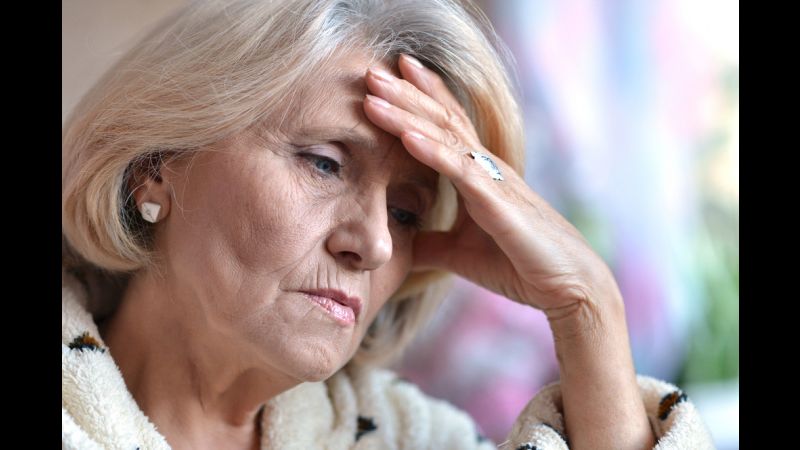In the latest installment of our Caregiver Resource Series, we spoke to certified Yoga Therapist and Life Coach, Rachel Goldberg, about how Caregivers might be able to better help their loved ones navigate through feelings of grief.
Rachel Goldberg, Yoga Therapist/Life Coach
Dealing with death is different for every person at every stage of his or her life. It’s never easy to come to terms with the loss of a loved one or friend. As senior citizens age, death becomes a significant part of their lives as they lose spouses, peers, and family members. Seniors are already facing many issues: losing their independence, physical ailments, living off of fixed incomes, and being less acknowledged by society. It’s important not to overlook the difficulty of losing peers and family members for senior citizens.
Here are effective ways to offer support to seniors during their grieving process.
- Be part of the support system. Acknowledge the loss – allow conversations about death in general to arise, don’t avoid the topic. Let the person share memories, vent anger or other emotions, and recognize that though you’ve been in similar situations, you can’t imagine how they feel right now. As stated in seniorcitizensguide.com, “The goal of grief support is not to stop the pain or forget about the loved one, but to help individuals live with the loved one’s memory in a way that doesn’t cause pain.” The article also states that it’s best to use the deceased’s name and avoid euphemisms. Being straightforward about the death helps one come to terms with it.
- Assist them in maintaining their health. Help the senior citizen stay in good health. Remind them that it’s still important to eat well, exercise to their capacity, and to take their prescribed medications and vitamins. Help grieving seniors find a soothing way to get a good night’s rest if their sleep patterns are disturbed. Assist them in enjoying and engaging in their lives. If they say they have nothing to live for, remind them of the family and friends who love them and whom they love.
- Laughter is the best medicine. Studies have proven time and time again that laughter helps heal emotional and mental wounds. Grieving, specifically, is a stressful process. Laughter helps calm nerves, adds joy to life, boosts the immune system, and provides stress relief. When helping grieving senior citizens, offer them magazines, TV shows, and movies that are humorous in nature. Drawing upon funny, happy memories helps people cope with loss. AARP reports that those who smiled while describing their relationship with a spouse were happier and healthier than those who described their marriage with anger or frustration.
- Help them find a support system with contemporaries. People often think they should deal with loss in a certain way, but the reality is there is no time frame for grieving. Grief is a process, not just an emotion. The support system seniors may have in place – children, grandchildren, siblings, or friends – may be busy, occupied, or dealing with events in their own lives. Seniors must be made aware that they have someone to go to when they’re feeling sad or depressed about losing someone. If the person is in a group home or assisted living, help them find a support group within the home. If they are not in a home, seek out bereavement groups at religious places, community centers, or online. Sharing stories and support groups will help seniors feel less isolated.
Knowing that they’re not alone and that they have people to share stories with helps seniors cope with loss. The grieving process can be difficult and painful, but it doesn’t have to be life-long.
Rachel Goldberg is a life coach and yoga instructor based in Philadelphia. She has a great passion for helping people and believes all of the answers we have to life’s questions are held deep within us. They can be buried underneath extra weight, emotional scars, or a lack of mental clarity. Find out more at www.yoga-wings.com.

